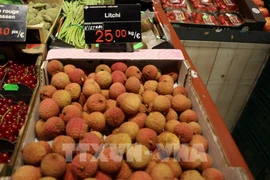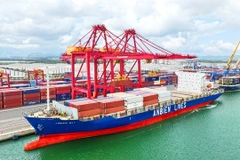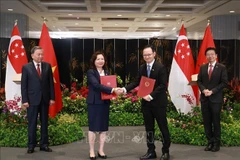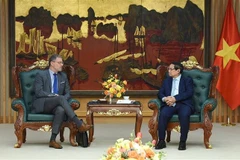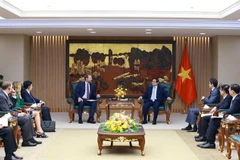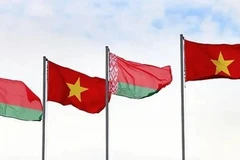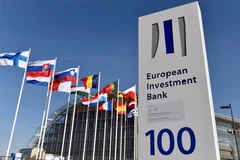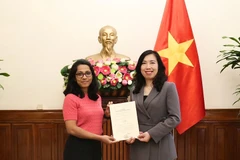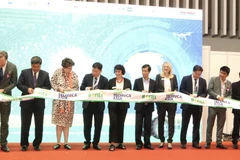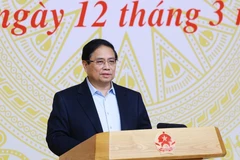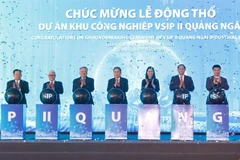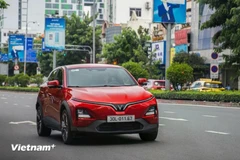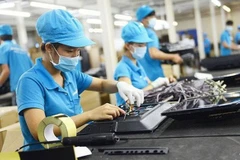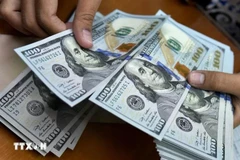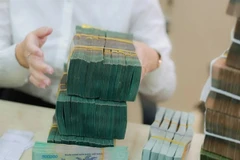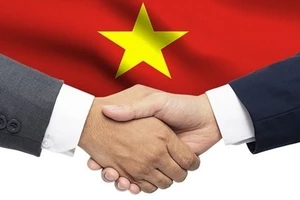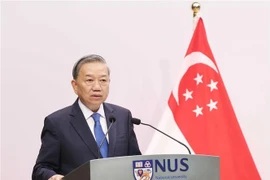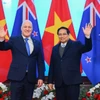Hanoi (VNA) – Vietnamese enterprises have been diversely capitalising on the EU - Vietnam Free Trade Agreement (EVFTA) to boost shipments to the EU, an official from the Ministry of Industry and Trade (MoIT) told a seminar held in Hanoi on August 8.
Ngo Chung Khanh, Deputy Director of the MoIT’s Multilateral Trade Policy Department, said that commodities previously subject to high tariffs are now benefiting from tax cuts under the EVFTA and have recorded strong export growth.
Despite the fact the EU is a demanding market, Vietnamese businesses have managed to satisfy strict technical requirements, showing a change in mindset to meet the EU’s demand, he noted.
Tran Thanh Hai, Deputy Director of the MoIT’s Foreign Trade Agency, said the EVFTA, taking effect on August 1, 2020, has created a substantial demand for exports, which have increased almost 15% to about 83 billion USD over the last two years.
He added most items exported to the EU have posted fast growth during the period, especially steel (200%), coffee (75.2%), and cashew (55.8%). Others that were shipped in large volumes before the deal took effect like textiles and garments, footwear, and wood products have also enjoyed growth of 10-15%.
Only mobile phones and components have seen a decline in export revenue due to COVID-19.
Le Hang, director for communications at the Vietnam Association of Seafood Exporters and Producers (VASEP), said despite the pandemic’s impacts, fishery exports have recovered considerably, rising 8% year-on-year in 2020 and continuing to recover in 2021.
By the end of this year’s second quarter, the EU was one of the three largest importers of Vietnam’s aquatic products, she said, adding that thanks to the EVFTA’s preferential tariffs, aquatic exports rose 40% to nearly 700 million USD, while shipments of major products rose 30-39%, with tra fish revenue doubling from a year earlier.
She also pointed out certain challenges to aquatic product exports to the EU, including rules of origin, the “yellow card” warning against illegal, unreported and unregulated (IUU) fishing, inflation in the EU, competition with other shrimp exporters such as India and Ecuador, and the market’s strict requirements.
Hang called for the MoIT’s support for enterprises to optimise preferential tariffs and comply with rules of origin in order to remove obstacles to fishery exports./.




